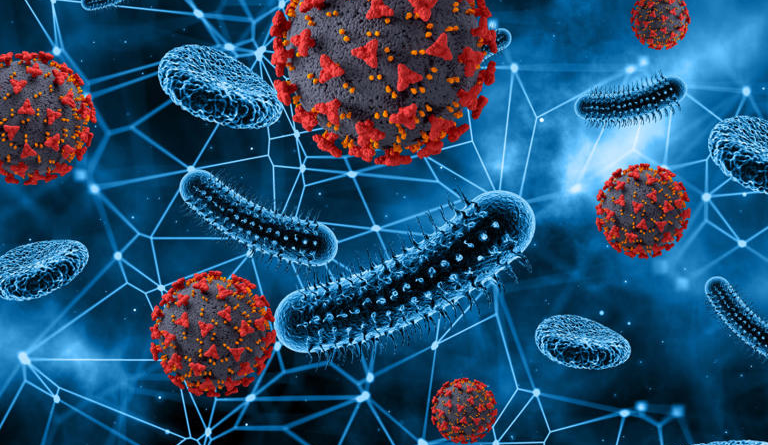Israeli Scientists Rediscover Forgotten Immune Strategy to Combat Viruses – Study
In a groundbreaking study, Israeli scientists have unearthed a forgotten immune strategy that could revolutionize the way we combat viral infections. This discovery, which has the potential to significantly bolster our arsenal against viruses, comes at a time when the world continues to grapple with various viral threats.
The research, led by a team of immunologists and virologists from Tel Aviv University and the Weizmann Institute of Science, harkens back to an almost forgotten chapter in the history of immunology. They have rediscovered a mechanism known as “viral phagocytosis,” a process that was initially observed in the early 20th century but had been overshadowed by more contemporary immunological theories.
Viral phagocytosis, in simple terms, involves the engulfing and digestion of viruses by immune cells called macrophages and dendritic cells. These immune cells typically target bacteria and other foreign invaders, but this research has illuminated their potential to neutralize viruses as well.
Dr. Sarah Cohen, the lead author of the study, explains, “Viral phagocytosis is like a hidden treasure in our immune system. It’s a powerful mechanism that we’ve overlooked for decades. By understanding how it works, we can harness its potential to develop new antiviral therapies.”
The researchers conducted a series of experiments to validate their findings. They exposed various viruses, including the influenza virus and herpes simplex virus, to macrophages and dendritic cells in a controlled environment. Remarkably, these immune cells were not only able to engulf the viruses but also break them down, rendering them harmless.
One of the key advantages of this approach is its versatility. Unlike some antiviral treatments that target specific viruses, viral phagocytosis appears to have a broader spectrum of activity. This suggests that it could potentially combat a wide range of viral infections, including those for which vaccines or targeted therapies are currently unavailable.
The rediscovery of viral phagocytosis also raises questions about why this mechanism fell out of favor in modern immunology. Dr. Cohen speculates, “It’s possible that our focus on other immune responses, such as antibody production and T-cell activation, led us to overlook this ancient yet potent defense mechanism. Now, we need to delve deeper into understanding its nuances.”
The significance of this research transcends the confines of the laboratory. If scientists can harness viral phagocytosis effectively, it may pave the way for the development of new antiviral drugs and therapies. This could prove invaluable in combating emerging viruses, drug-resistant strains, and other viral threats.
While there is still much work to be done, the rediscovery of viral phagocytosis offers hope in the ongoing battle against viral infections. Dr. David Levitt, a senior researcher on the team, emphasizes the significance of this finding, stating, “Our immune system is a remarkable defense mechanism, full of untapped potential. This discovery reminds us that we have much more to learn, and there may be ancient strategies waiting to be unlocked for the benefit of humanity.”
As scientists delve deeper into the mechanisms of viral phagocytosis, there is optimism that this forgotten immune strategy could play a vital role in our future efforts to combat viral outbreaks. With continued research and development, we may be on the cusp of a new era in antiviral medicine, one that could offer renewed hope against some of the most challenging viral threats facing humanity.

